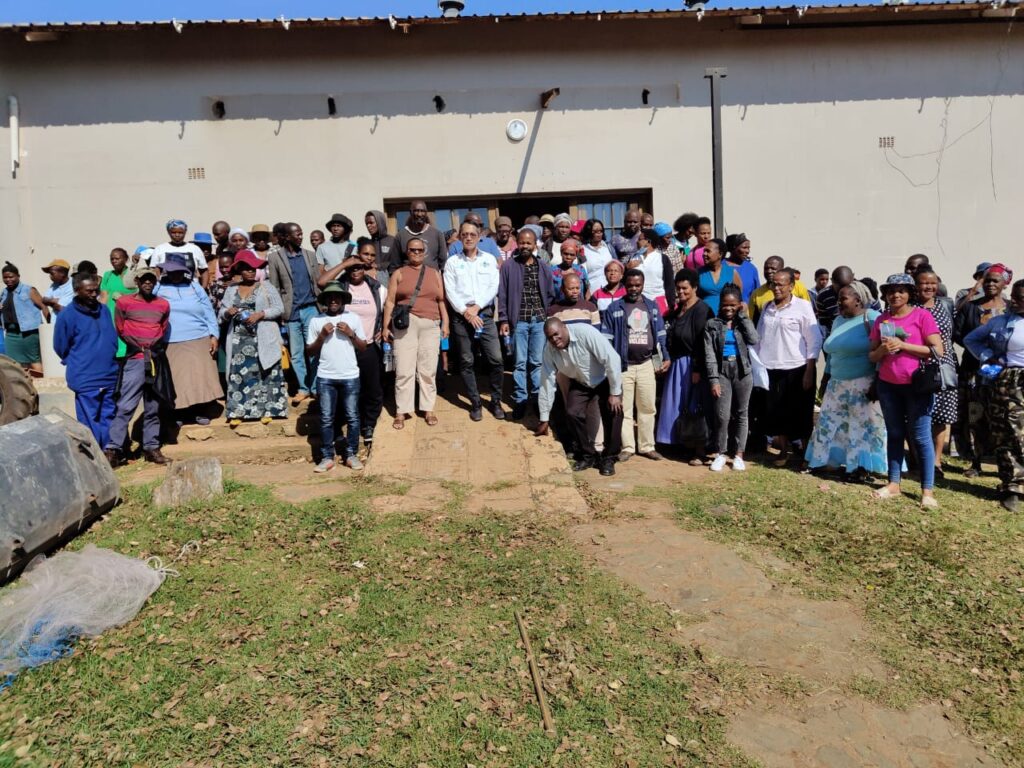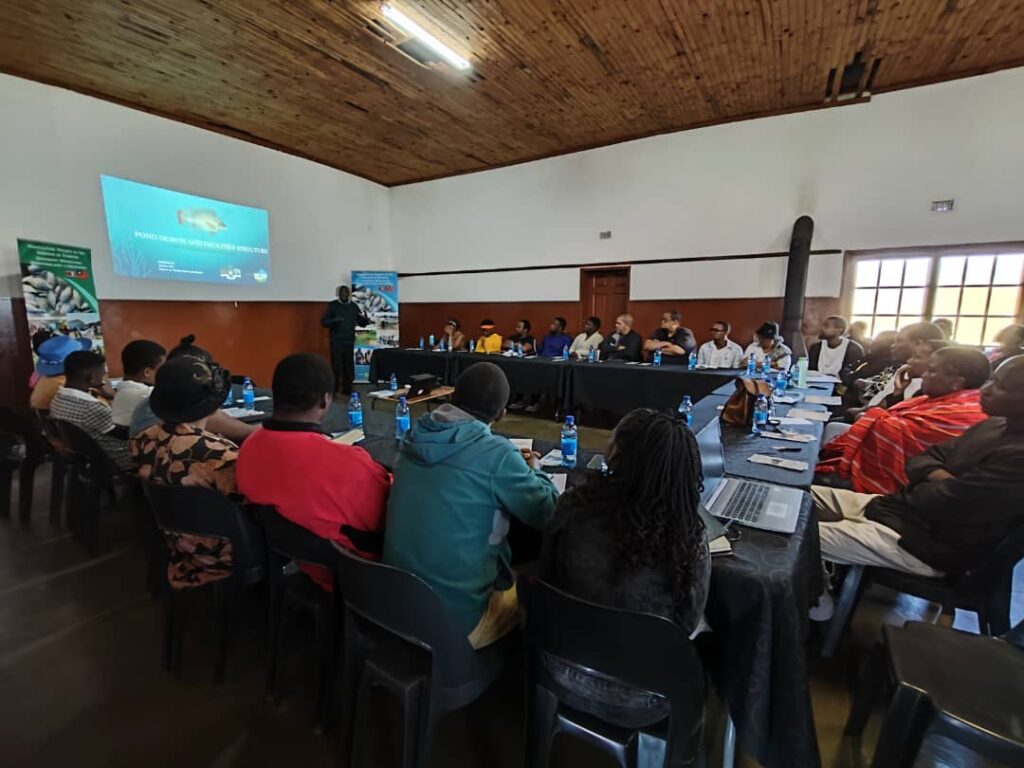
By Sizwe Dlamini
In a bid to foster sustainable livelihoods and ignite the fish farming industry in Eswatini, the Taiwan International Cooperative and Development Fund (ICDF), in collaboration with the Ministry of Agriculture, recently organized an Aquaculture basic workshop, held at Ngwenya Village in the Hhohho region.
The event drew an impressive attendance of over 148 fish farmers, underscoring the escalating interest in aquaculture across the kingdom.
The workshop aimed at enlightening local fish farmers on sustainable fish farming practices, and showcased the commitment of both the Eswatini Ministry of Agriculture and the Taiwan Technical Mission.
Head Researcher at the ICDF, Andrew Su, expressed his delight at the overwhelming turnout of fish and potential fish farmers, emphasizing the importance of disseminating knowledge tailored to the specific needs of Eswatini’s diverse four regions.
Su highlighted the comprehensive nature of the workshop, which delved into various facets of fish farming, ranging from pond design and site selection to fish cultivation techniques and post-harvest and handling of fish.
Participants were equipped with invaluable insights into tilapia cultivation temperatures, alternative farming methods, efficient feeding strategies, water quality management, and optimal harvesting and transportation practices.
Central to the discussion was the establishment of the Aquaculture Research and Production Centre in Malkerns, a development meant to establish the industry by providing farmers with high-quality fish stock and essential support services. The initiative signals a pivotal step towards commercializing fish farming and fostering economic growth in Eswatini.
Despite the enthusiasm among attendees, concerns were raised regarding the suitability of tilapia farming in the colder climate of the Northern Hhohho region.
However, Su eased these apprehensions by announcing plans to introduce alternative fish species better suited to colder environments, ensuring inclusivity and success for farmers across diverse climatic conditions across Eswatini.

Su also emphasized the transformative potential of aquaculture in Eswatini, affirming that with the potential seen at the workshop local fish farmers are poised to lead the way toward having sustainable livelihoods and a thriving fish industry.
Su added that with a commitment to embracing opportunities and overcoming challenges the workshop stands as a testament to the fruitful partnership between Taiwan ICDF and the Eswatini Ministry of Agriculture, catalyzing progress as the kingdom moves towards self-sufficiency and economic empowerment, initiatives like these underscore the transformative power of collaboration and knowledge exchange in driving change.
